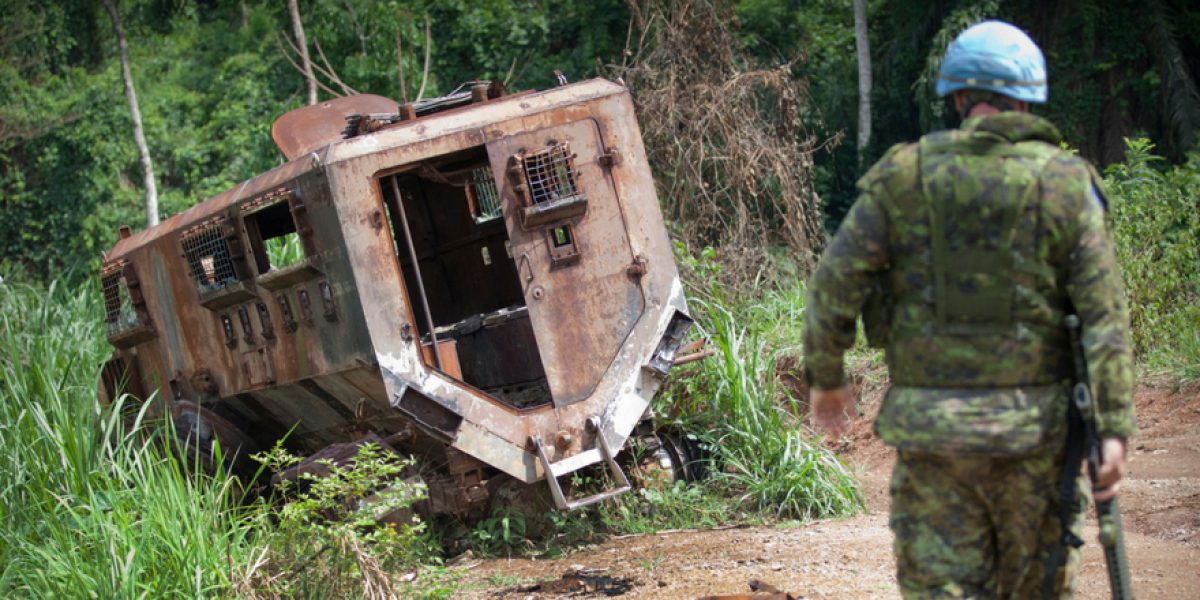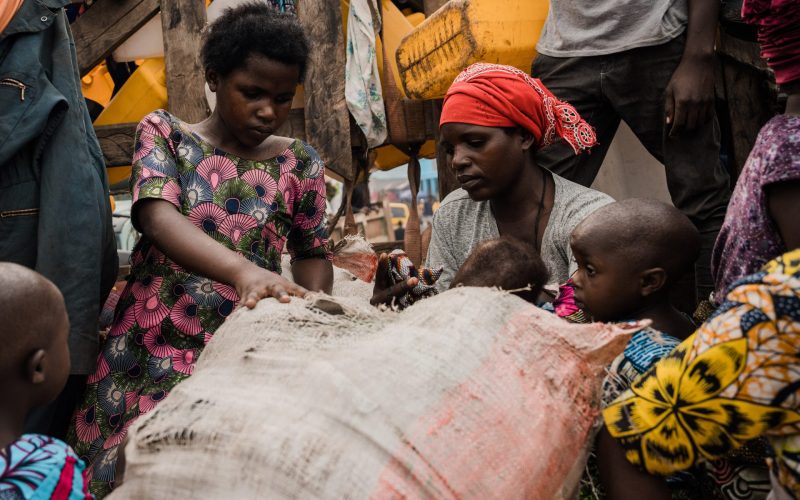While South Africa has done a fairly decent job of supporting the DRC at various difficult intervals since the 1990s, the model it has pursued in that country appears to be falling short of the demands of strategic state and institution building. It is a model at the end of its resources. This policy insights paper argues that these shortcomings are a result not only of South Africa’s inability to master the challenging political terrain in the DRC but also of Pretoria’s pushback from value-driven doctrines in its diplomacy. This severely impacts South Africa’s ideological and normative posture, particularly the manner in which it is inconsistently articulated in the political institution-building process in the DRC – a complex country with multi-layered issues and competing external and domestic stakeholders.








